Search
Search Results
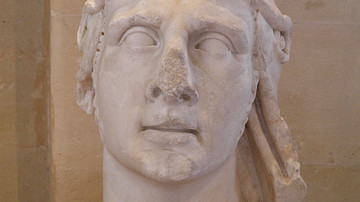
Definition
Mithridates VI
Mithridates VI (120-63 BCE, also known as Mithradates, Mithradates Eupator Dionysius, Mithridates the Great) was the king of Pontus (modern-day northeastern Turkey) who was regarded by his people as their savior from the oppression of Rome...
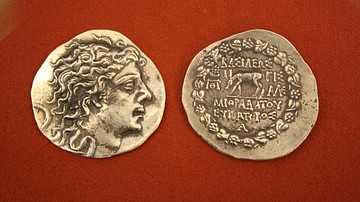
Article
Mithridates’ Poison Elixir: Fact or Fiction?
King Mithridates VI of Pontus, also known as Mithradates VI Eupator Dionysus and Mithridates the Great (135–63 BCE, r. 120-63 BCE) was a dogged Roman foe for much of his life. In 88 BCE, he orchestrated the mass killing of up to 150,000...
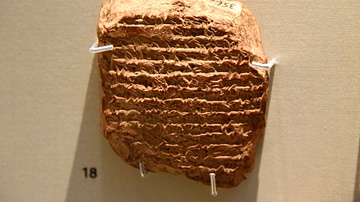
Image
Tablet with Hellenistic King List
Written in Babylonian in the cuneiform inscription, this tablet lists the names and dates of several Seleucid kings. After Alexander's death, the Persian Empire fractured. Mesopotamia and Syria became part of the Seleucid Empire, with their...

Book Review
The Poison King: The Life and Legend of Mithradates, Rome's Deadliest Enemy
The Poison King: The Life and Legend of Mithradates, Rome's Deadliest Enemy (2009) was written by Dr. Adrienne Mayor, a Research Scholar at Stanford University. Examining the tumultuous life of this most tantalizing of ancient kings, Mayor...
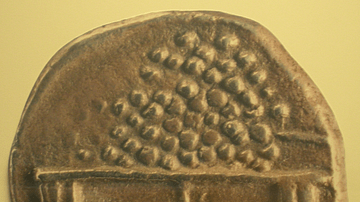
Definition
Trebizond
Trapezus (Greek: Τραπεζοῦς) or Trebizond was a Greek city on the southern shore of the Black Sea, modern Trabzon. According to the Christian author Eusebius, writing more than a millennium after...
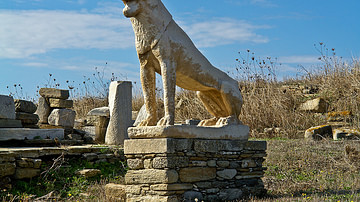
Definition
Delos
Delos is a Greek island in the Cyclades archipelago which was both an influential political force and, with its sanctuary to the god Apollo, an important religious centre in the Archaic and Classical periods. The island was also a major commercial...
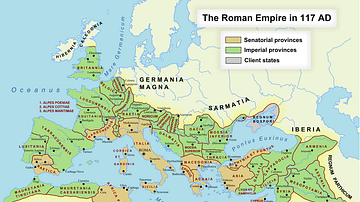
Article
The Extent of the Roman Empire
Time has seen the rise and fall of a number of great empires - the Babylonian, the Assyrian, the Egyptian, and lastly, the Persian. Regardless of the size or skill of their army or the capabilities of their leaders, all of these empires fell...
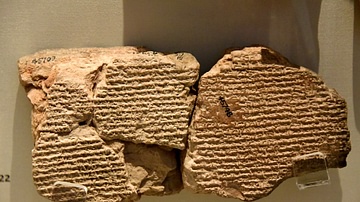
Image
Tablet Describing Parthian Conquest of Babylonia
This tablet is written in cuneiform inscription and refers to the defeat of the Seleucid king Demetrius II Nicator by the Parthian ruler Mithradates I in 141 BCE. The Parthian ruler is referred to as Arshaka. The text also refers to market...